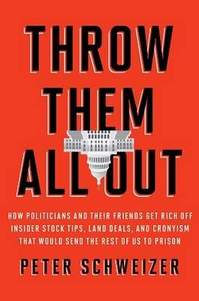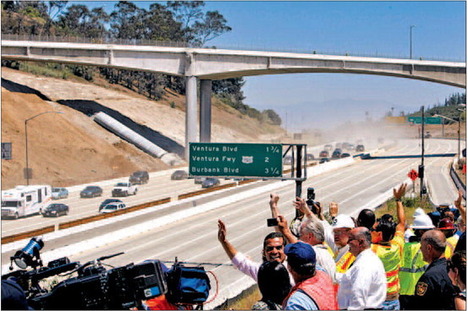 “Jim McKelvey drew on experiences as a businessman and glassblower in his speech at Big Omaha 2012.” Source of caption and photo: online version of Macy Koch, “Jim McKelvey: “Just go ahead and build it”.” Silicon Prairie News. (Thursday May 10, 2012).
“Jim McKelvey drew on experiences as a businessman and glassblower in his speech at Big Omaha 2012.” Source of caption and photo: online version of Macy Koch, “Jim McKelvey: “Just go ahead and build it”.” Silicon Prairie News. (Thursday May 10, 2012).
(p. 2D) The dynamics of the glass-blowing industry changed when a new, smaller version of the traditional glass-blowing furnace was developed. The economics of glass-blowing suddenly changed.
But as McKelvey’s glass-blowing skills grew and as he developed more products, including a patented glass water faucet, another barrier emerged: access to the financial system.
At one point, McKelvey was about to sell one of his faucets. The customer wanted to pay with an American Express credit card, but McKelvey couldn’t accept it without the requisite hardware. The sale fell through.
McKelvey then had a problem he needed to solve: Why wasn’t there a way to accept payments on a smartphone?
So he teamed up with Jack Dorsey, a co-founder of Twitter who worked with McKelvey at Mira, to start Square, which allows users to accept payments through their phones.
It was an idea that tackled a problem, McKelvey said, suggesting to attendees: “Go out there and seek problems. Don’t look for opportunities.”
For the full story, see:
Ross Boettcher. “Traveling the Road to Innovation; A former ‘Quitter’ and Others Offer tips at the Big Omaha Conference.” Omaha World-Herald (Fri., May 11, 2012): 1D & 2D.
(Note: the online version of the article has the title “Many roads to innovation at Big Omaha.”)
“”Go out there and seek problems. Don’t look for opportunities.” Jim McKelvey, co-founder of Square.” Source of caption and photo: online version of the Omaha World-Herald article quoted and cited above.






